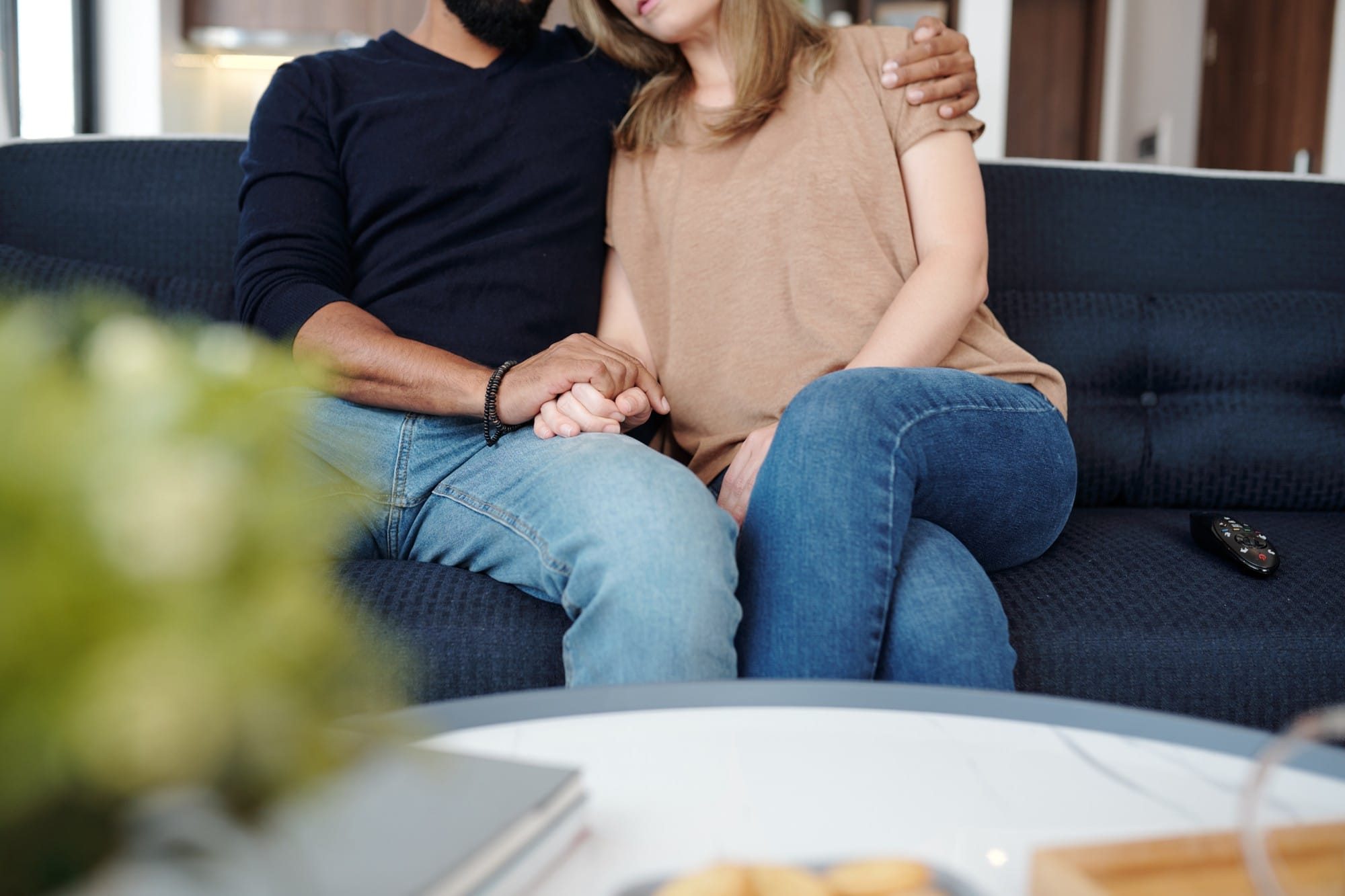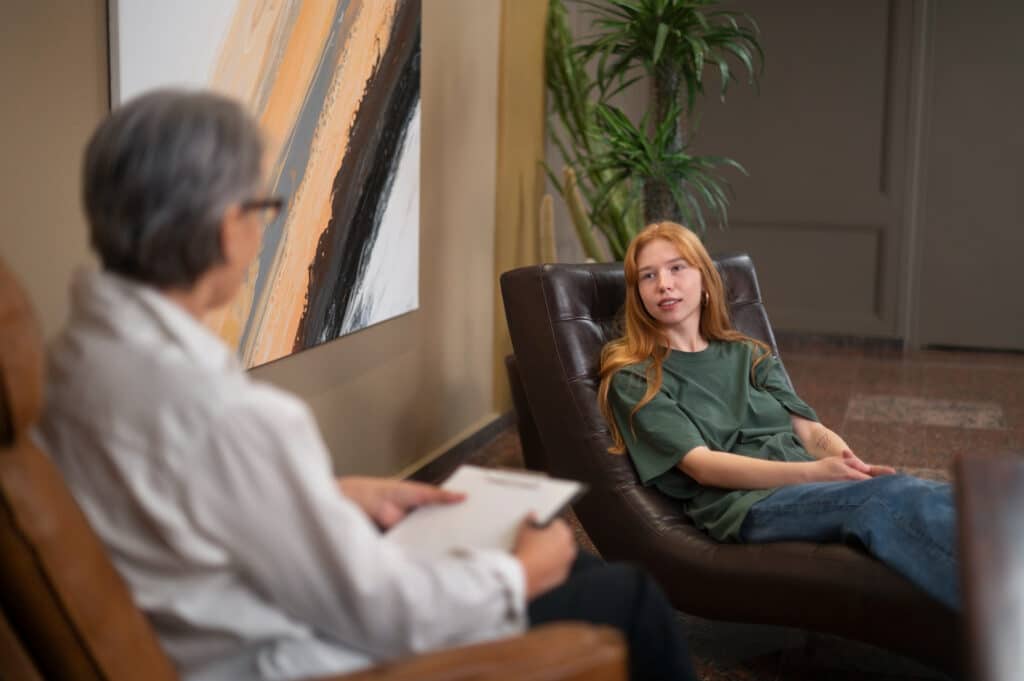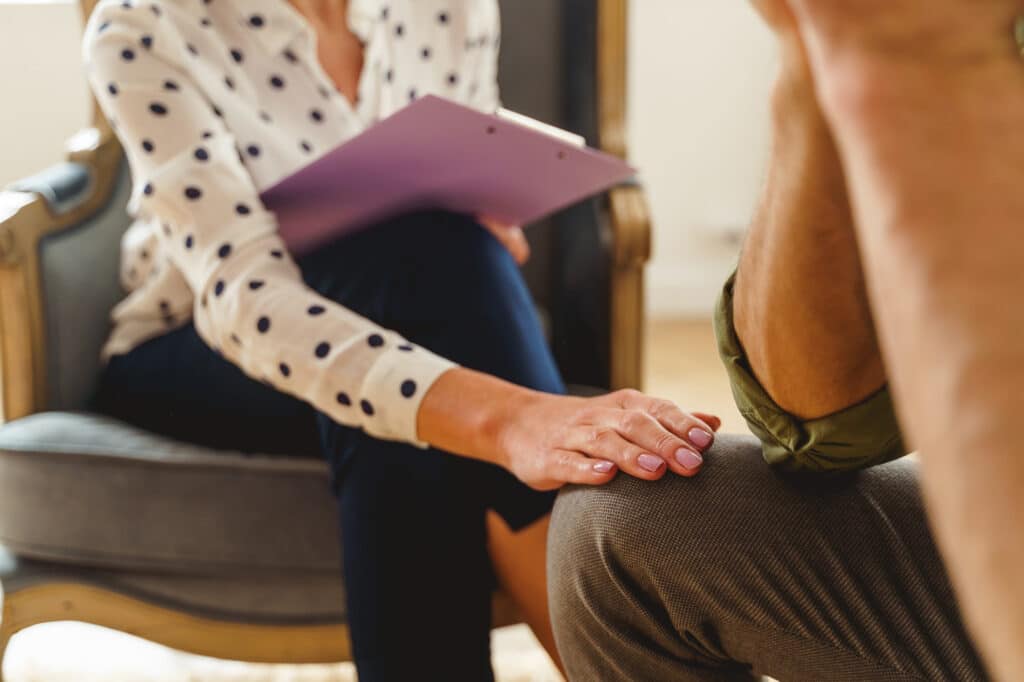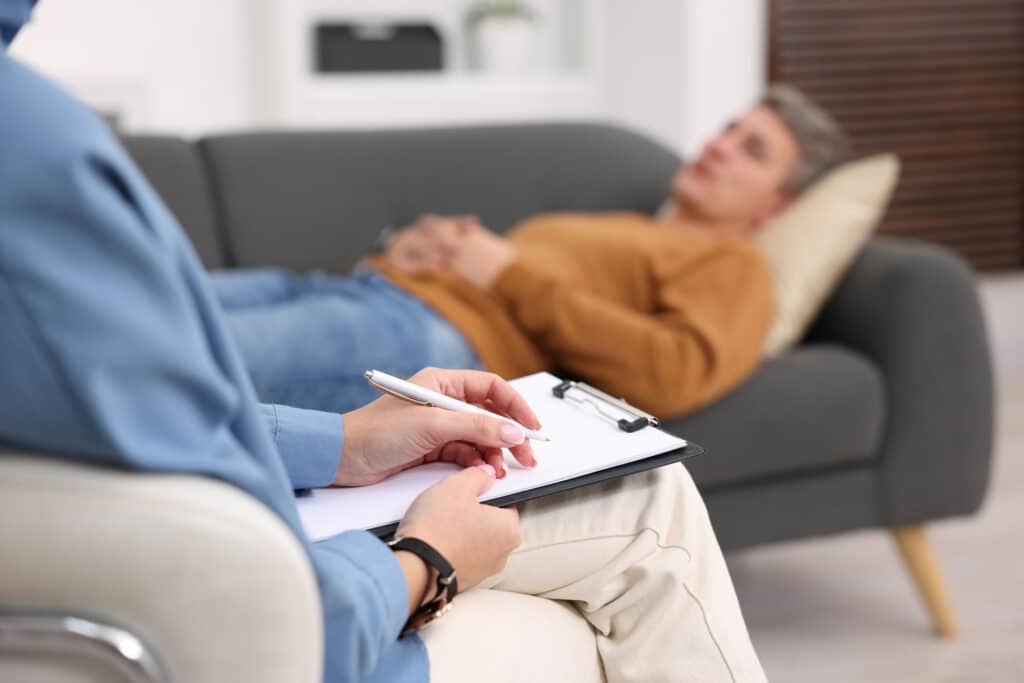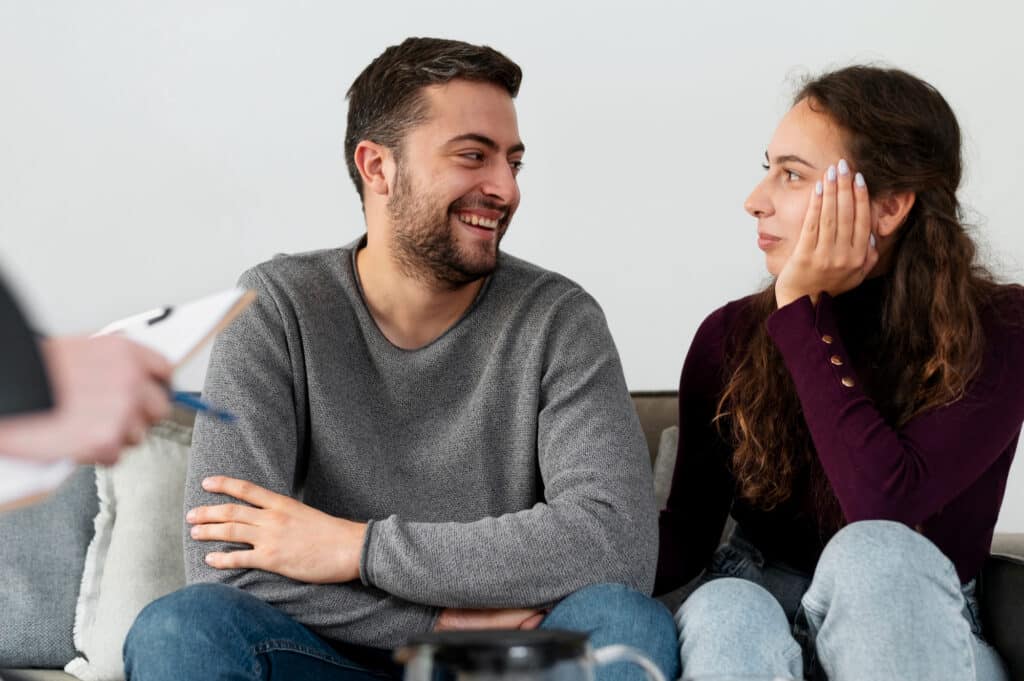Starting therapy can be overwhelming, but choosing the right professional can make the difference between a frustrating experience and a transformative one. When relationships face difficult challenges, professional help becomes necessary. And one of the most common questions couples in these situations ask themselves is how to find a couple’s therapist who can truly help?
For those in this situation and seeking support, attending couples therapy in Albany, NY with Daniel Criado is their best option. This professional offers access to bilingual and culturally sensitive services designed to guide couples toward healthier communication and stronger connections.
Why Seeing a Couples Therapist Can Make a Difference?
Relationships are built on communication, trust, and emotional connection. Unfortunately, these are also the areas where couples often struggle the most. Therapists trained in couples therapy use evidence-based techniques to help couples overcome crises.
Seeking a couples therapist provides a neutral space where both partners can express themselves without judgment, helping them:
- Identify harmful communication patterns.
- Learn healthier ways to resolve conflict.
- Rebuild trust after betrayal or distance.
- Strengthen emotional and physical intimacy.
- Work as a team through major life changes.
In addition to knowing how to find a couples therapist, it’s also important to understand how they work and the value they provide. Couples therapists aren’t referees who decide who’s right or wrong, but rather guides who help both partners feel heard and move forward constructively.
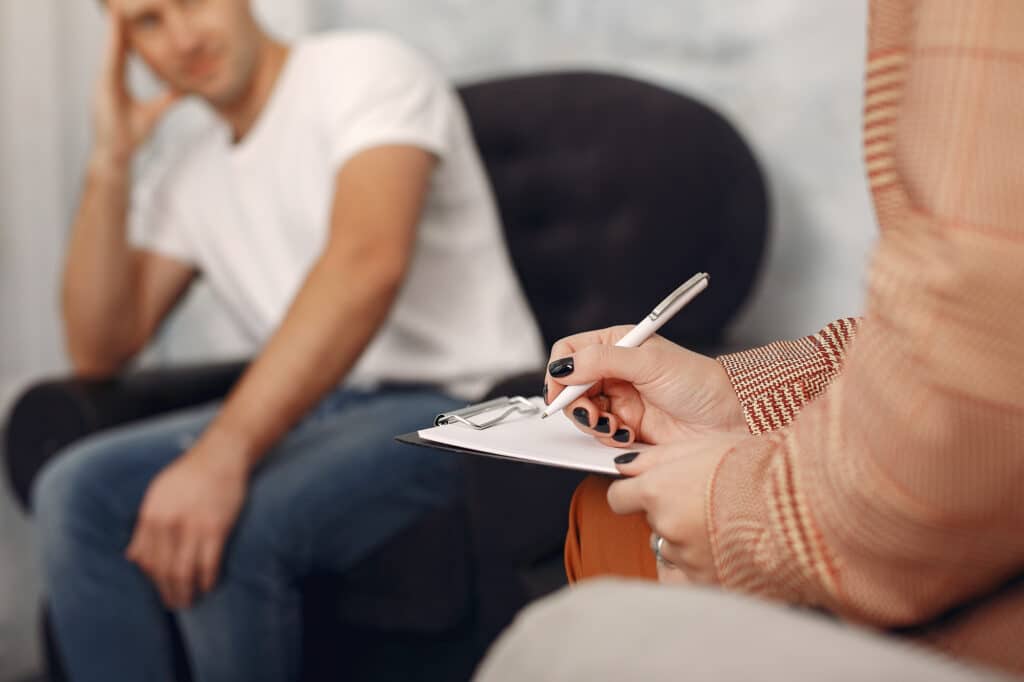
Where to Start Looking for a Couples Therapist?
Finding the right professional starts with knowing where to look. Let’s look at some practical and effective ways to start your search:
- Professional directories: Websites like Psychology Today and the American Association for Marriage and Family Therapy (AAMFT) offer searchable listings.
- Referrals: Ask your primary care doctor, friends, or family for recommendations.
- Insurance providers: Check if your health plan covers mental health services and which therapists are in-network.
- Local resources: Many community centers and universities provide low-cost therapy options.
- Specialized practices: If you’re seeking bilingual or culturally sensitive services, look for therapists who highlight these skills in their profiles.
For couples living in or near New York City, couples therapy in Albany, NY with Daniel Criado ensures access to a professional who understands diverse cultural backgrounds and can offer services in both English and Spanish.
Qualifications to Look for in a Couples Therapist
A good therapist should be transparent about their methods and open to answering your questions. However, not all therapists are equally trained in working with couples. To make sure you’re choosing wisely, pay attention to the following qualifications:
- Licensure: Look for professionals who are licensed psychologists, marriage, and family therapists (LMFTs), or licensed clinical social workers (LCSWs).
- Specialized training: Therapists trained in methods like Emotionally Focused Therapy (EFT) or the Gottman Method often provide more structured and effective sessions.
- Experience: Ask how long the therapist has been working with couples and what kinds of issues they most often address.
- Cultural competence: If you and your partner have different cultural or linguistic backgrounds, a therapist who understands those nuances can make therapy more effective.
When researching how to find a couples therapist, make sure their approach aligns with your goals.
Questions to Ask Before Choosing a Couples Therapist
Once you’ve narrowed your search, it’s helpful to schedule an initial consultation. Use this opportunity to ask questions that will help you decide if the therapist is a good fit:
- What is your experience working with couples similar to us?
- Which therapeutic approach do you use, and why?
- How do you structure a typical couples therapy session?
- What is your availability, and how often do you recommend sessions?
- Do you offer bilingual services or experience with multicultural couples?
- What are your fees, and do you accept insurance?
These questions not only give you practical information but also allow you to gauge the therapist’s style. Feeling comfortable and respected is a crucial part of successful therapy.
How to Know If You’ve Found the Right Therapist
Sometimes couples need to try more than one therapist before finding the right one. This is perfectly normal. Choosing a therapist isn’t just a matter of credentials, but also the connection you and your partner feel.
Here are some signs that you’ve found the right therapist:
- You both feel heard and understood.
- The therapist remains neutral, avoiding favoritism.
- Sessions are structured but flexible.
- You leave the sessions with practical tools and knowledge.
- Progress, even if gradual, can be measured.
The important thing is persistence—not giving up if the first professional doesn’t seem right for you.
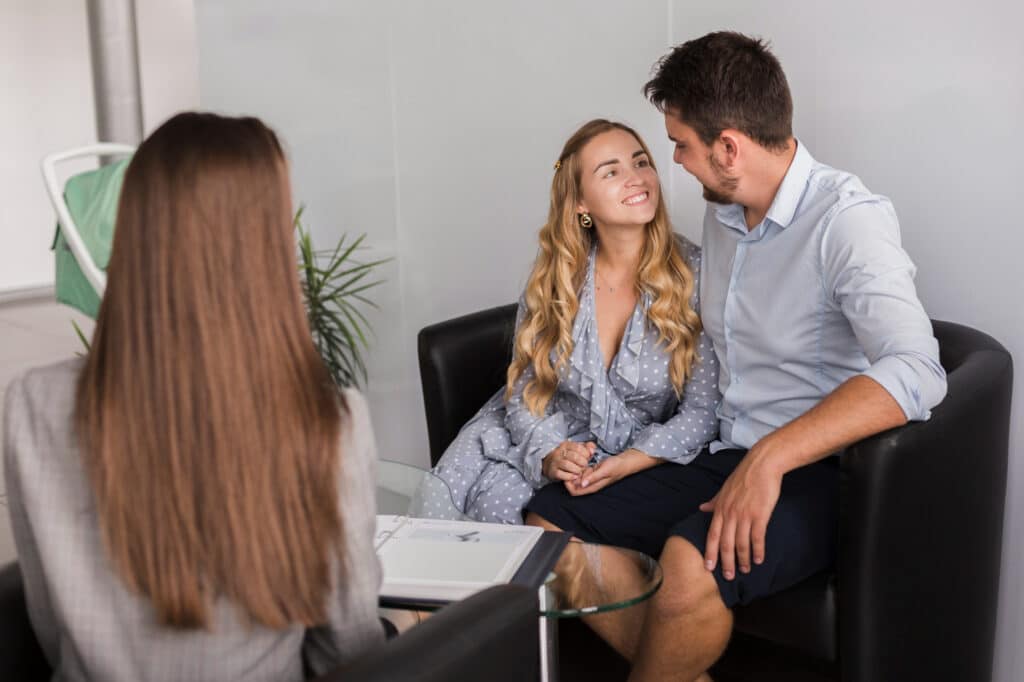
Practical Considerations Before Starting Couples Therapy
When exploring how to find a couples therapist, it’s important to think beyond simply choosing a professional. Practical considerations like cost, location, and accessibility all play a role in making therapy sustainable and effective for both partners.
Cost and budget
In the U.S., the average couples therapy session costs between $125 and $250, though fees vary depending on the therapist’s credentials and your geographic area. Some therapists offer sliding-scale pricing based on income, while others may be covered partially by insurance.
Always ask about cost and payment options upfront to avoid surprises.
Location and format
Deciding between in-person or online therapy is another key step. While in-person sessions can be more personal, online therapy offers greater flexibility and convenience, especially for busy couples. Many practitioners offer both options.
Language and cultural fit
For bilingual or multicultural couples, finding a therapist who understands cultural nuances or offers services in both English and Spanish can make therapy more inclusive and effective.
Scheduling and consistency
Therapy works best when it’s consistent. Make sure both partners can commit to regular appointments—whether weekly or biweekly—to build momentum.
Couples therapy: an investment in your future and that of your partner
Considering these factors before starting therapy ensures that both partners feel comfortable and supported. This will make the process smoother and more effective.
Ready to strengthen your relationship? Contact Daniel Criado, a couples therapy in Albany, NY, to schedule your initial consultation and take the first step toward healthier communication and a deeper connection.
Remember, therapy isn’t just an appointment: it’s an investment in the long-term health and resilience of your relationship.

